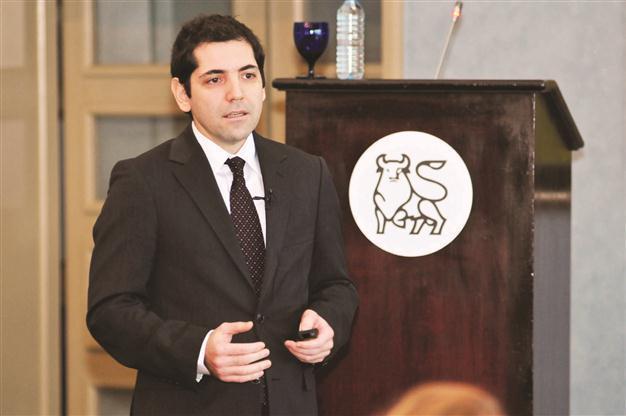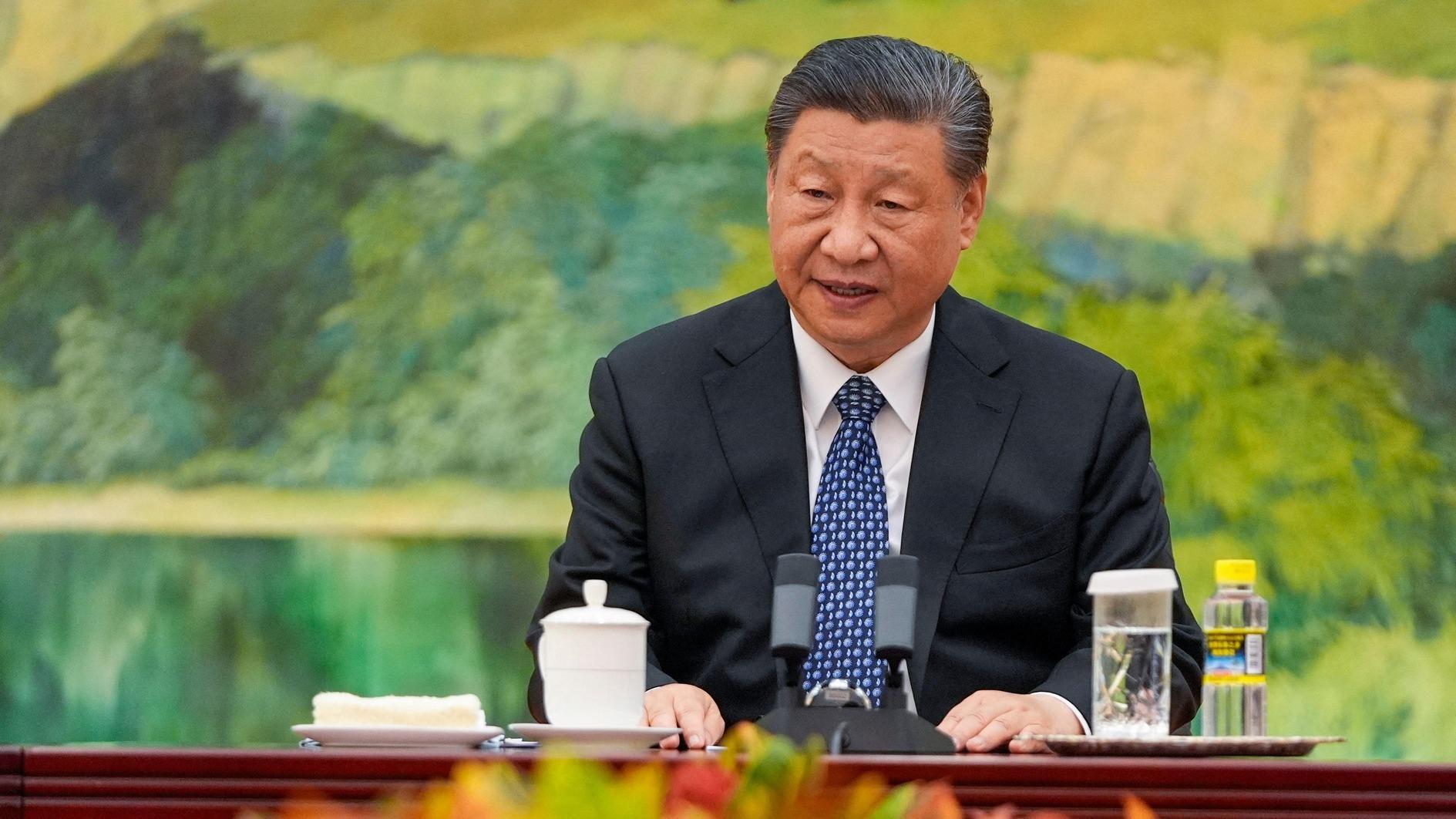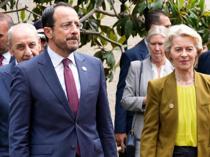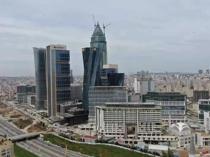Zero growth rate is possible, advisor says
Servet Yeşilyurt ISTANBUL - Hürriyet Daily News

It would be hard for the Turkish governmert to accomplish its 4 percent growth target this year if domestic savings decrease, says Hamzaoğlu of Merill Lynch.
Turkish growth may plunge to 0 percent this year, said Merrill Lynch economist Türker Hamzaoğlu in a press meeting yesterday, contesting even cautious remarks by Ali Babacan, deputy prime minister, who recently said this year’s growth target of 4 percent would not be achieved if things got worse in Europe.Zero growth means Turkey will go through a technical recession, but it will not be deep, according to Hamzaoğlu.
A technical recession occurs when the real national output declines over two successive quarters. The Turkish economy grew 9.6 percent in the first nine months of 2011, according to the Turkish Statistical Institute (TÜİK).
Savings the crucial issue
“The point where I differ from the government’s views is the perception that ‘Nothing happens to us. We can find funds [to cover the current account deficit]. Investment and consumption are sustainable.’ They say we can grow 4 percent [this year].”
It would be hard to accomplish the growth target if domestic savings decrease even more, he said. Babacan complained last month that the ratio of domestic savings to gross domestic is too low, predicting it to be about 12 percent for 2011.
Any local crisis can quickly turn into a global one through the globalized financial system, said Hamzaoğlu. “Turkey needs luck on her side to land softly with its large macro imbalances.”
The year-end headline inflation will be 6.5 percent, exceeding Central Bank’s target of 5 percent, according to Merrill Lynch’s projection.
Monetary policy creates confusion and current account deficit largely depends on portfolio inflows, said Hamzaoğlu during his presentation on Turkish economy.
“Everybody I talk to asks about what the Central Bank is trying to do. And those people are well experienced investors in emerging markets for years. The Central Bank’s message should be simple and they have to be predictable. Investors may be shy about investing in a country they don’t understand and can’t predict.”
The current account deficit will narrow from 10 percent to about 5 percent this year, due to zero growth this year, which will pick up next year to 6 percent.
“The current account deficit now is $60 billion, which means Turkish economy needs a daily average investment inflow of $250 million,” he said, adding that it is not the interest rates lobby that pushes the value of the lira down but some basic problems such as insufficient foreign currency reserves and current account deficit.
‘Lobby in not responsible’
Seyfettin Gürsel, a Bahçeşehir University economist, has echoed the view that “interest rate” lobby is not responsible for the lira’s depreciation, in a statement to Anatolia news agency yesterday.
Uncertainties have put an end to beneficial risk-free investments via portfolio investment, he said.
“They [the interest rate lobby] are not happy with this situation, but this does not mean that there is a deliberate attack on the Turkish Lira. It happens automatically; if there is not a money inflow and a current account deficit, then excess demand on foreign currency [market] occurs.”
















